How to give your dog his confidence back when he's been upset or disturbed by another dog, by expert trainer Ben Randall
A visiting dog upsetting your own pet can create problems which are hard to break. Ben Randall explains what to do.

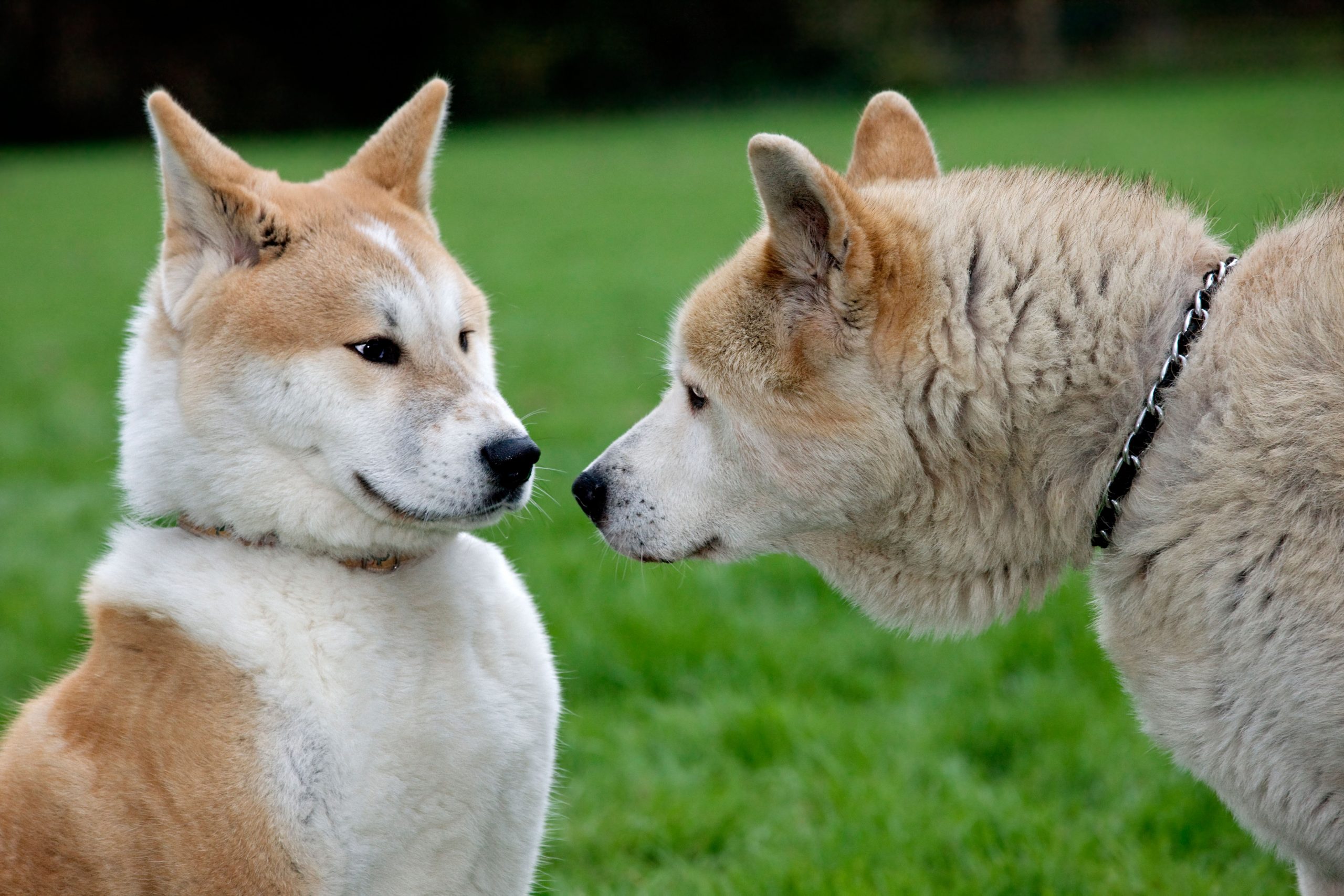
It’s lovely being able to welcome friends and family to your home, and for dog owners part of the fun is welcoming their pets too. But what do you do if a visit from another dog disturbs your own four-legged friend — and to the extent that their routine is still awry many weeks later?
That’s the dilemma faced by this week’s correspondent, who wrote to us via paws-for-thought@futurenet.com.
My son’s girlfriend came to stay with us at Christmas and brought her dog, which promptly commandeered the bed of my own cocker spaniel. We didn’t think too much of it at the time, but ever since then he’s had something of a problem: he's now reluctant to come back into the house at night when he's had his final pee. He’ll simply stand outside and won't come back through the patio door into the kitchen; when I go to get him, he rolls over on his back and I have to pick him up and bring him in. He’s six years old and nothing like this has ever happened before; what can I do to help him get back to normal? — D.P., via email
This is behaviour that I have seen before as a trainer honing my Beggarbush (BG) methods: another dog — and sometimes even another human — enters an environment, takes control, and upsets the apple cart.
It’s clear from your letter that the other dog arrived at your house, and was clearly extremely confident; what’s happened here does suggest that they then either took a dislike to your dog, or sensed a weakness; either way, they stepped in and took advantage of the situation.
As a trainer I’d have noticed this from the moment it happened and nipped it in the bud before it became an issue. But we are where we are – it’s happened, and it’s good that we understand from your explanation what has caused this behaviour in your dog. The good news is that while it’ll take a little work, you’ll be able to solve this dilemma — and you’ll also be able to make sure it never happens again.
How to give your dog his confidence back after he’s been upset in his home by another dog
1. Remove all traces of the other dog’s scent
Have you washed the dog bed? How about any blankets, or other things left in the sleeping area? The other dog’s scent could still be all over the dog bed, so if not, make it a priority to do so. If it’s an old bed nearing the end of its life, this would be a good time to buy a new one, though if not then washing the old one will be enough.
If it’s feasible in your home, I’d also consider moving the dog bed to a different spot to give your cocker a fresh start.
Exquisite houses, the beauty of Nature, and how to get the most from your life, straight to your inbox.
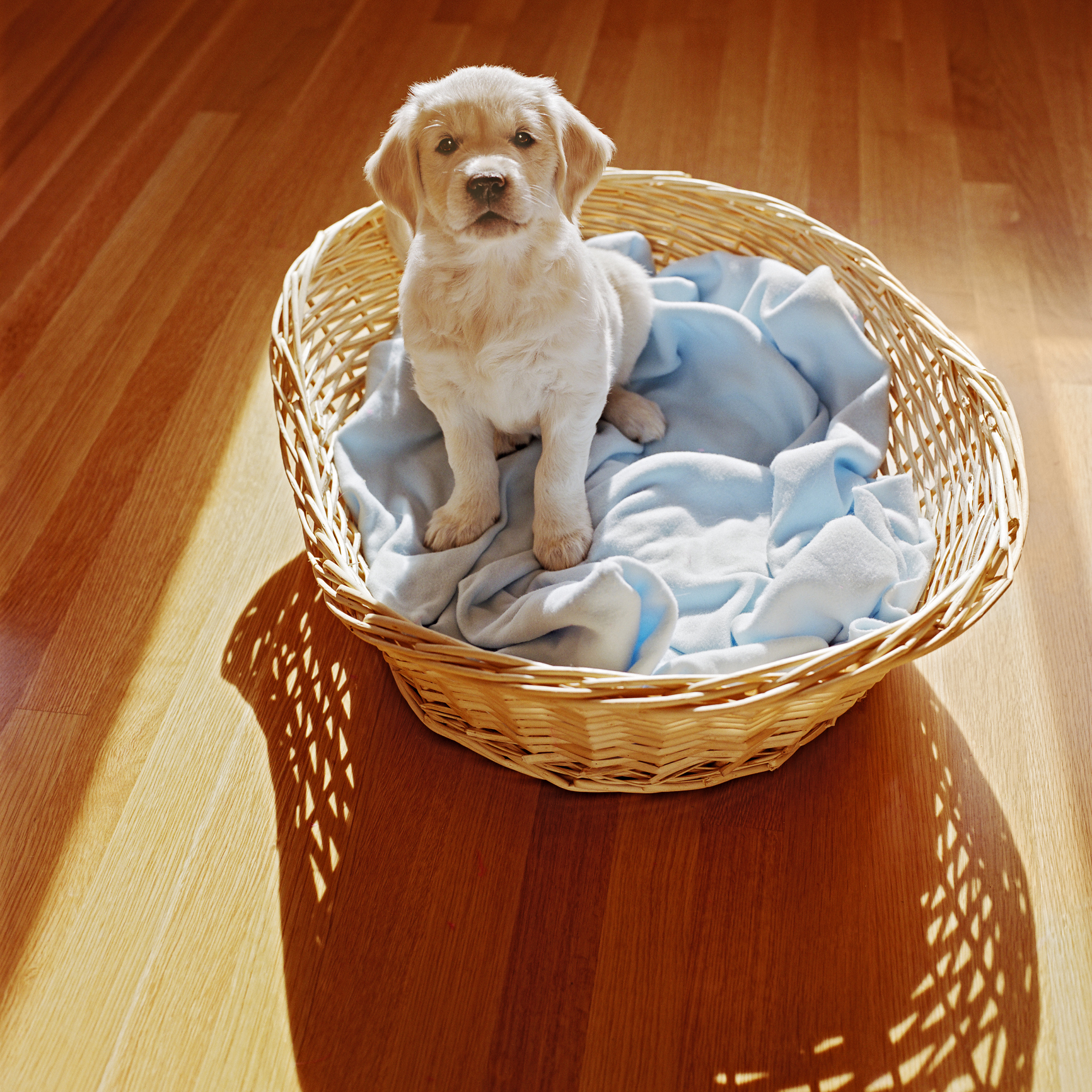
2. Break the old habit, and ingrain a new one
At the moment, you’ve had a couple of months of this, with the dog not coming in but instead rolling over and becoming submissive. That’s sixty daily repetitions of the new behaviour which have allowed to become ingrained.
To break this cycle we need to create a new, positive habit. Instead of opening the door for your pet to go out and pee on his own at night, take him out in the evening yourself. Pop him on the lead, give him a piece of kibble as reward, and walk him in to the garden. Only then should you take the lead off and give the toilet command, before popping his lead back on, giving him another reward — a piece of kibble or some calm praise — and walking him straight back in to the house. Then, take his lead off and give another reward, and take him across to his bed.
Do this every night for a month, and a good habit will now be formed. Your dog will also be enjoying this new process, with rewards before and after. He’ll start to see the bed, the kitchen and the environment more positively and trust you more.
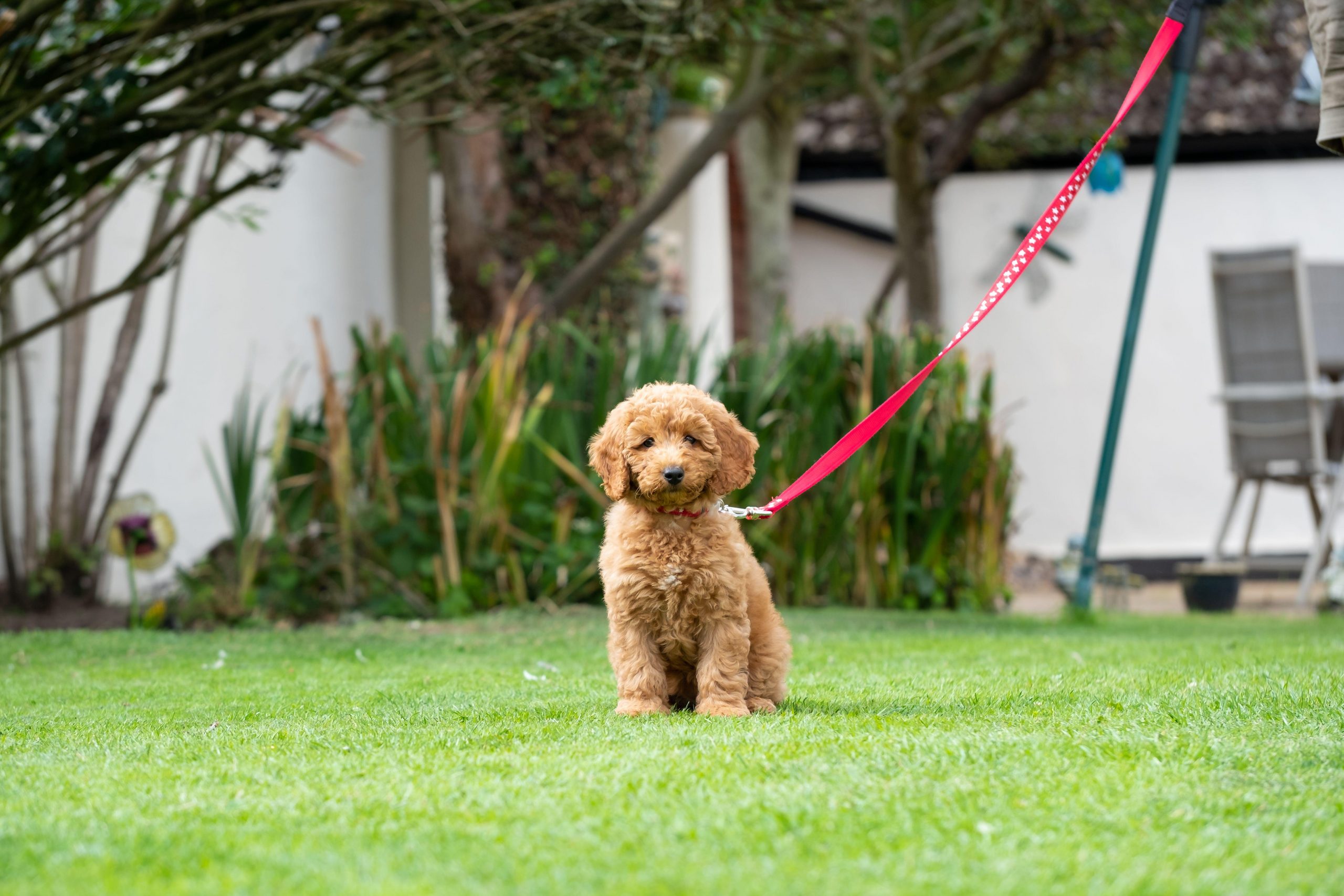
3. When the visiting dog returns, be prepared and lay down the rules from the start
You will also want to be prepared for the next visit, with some rules. Insist that the other dog brings its own bed from home, and intervene if he tries to take over your dog’s bed or sleeping space again. Continue with the toilet training routine you’ve instilled, and also go through the same routine with the other dog — making sure your dog get to go first. Whatever you do, don’t just hope for the best — if so you’ll be back in the situation where someone will open the back door, the dogs will charge out together, and the dominant dog will run back in first and claim the space, making your dog uneasy about being in what should be a safe, comforting environment for him.
I’d also consider training this behaviour in both dogs at feeding times too: get the dogs to sit patiently for their food, then let your dog go first, eating from a bowl by his bed, before inviting the guest dog to do the same. You’re adding structure and rules which all the dogs — and humans — will understand, to make sure everyone enjoys the visit that much more.
Ben Randall’s book, ‘How to Train Your Gundog’, is out now. You can order it here at £40.
For more detailed advice about Ben Randall’s positive, reward-based and proven BG training methods, one-to-one training sessions, residential training or five-star dog-boarding at his BGHQ in Herefordshire, telephone 01531 670960 or visit www.ledburylodgekennels.co.uk. For a free seven-day trial of the Gundog app, which costs £24.99 a month or £249.99 a year, visit www.gundog.app/trial
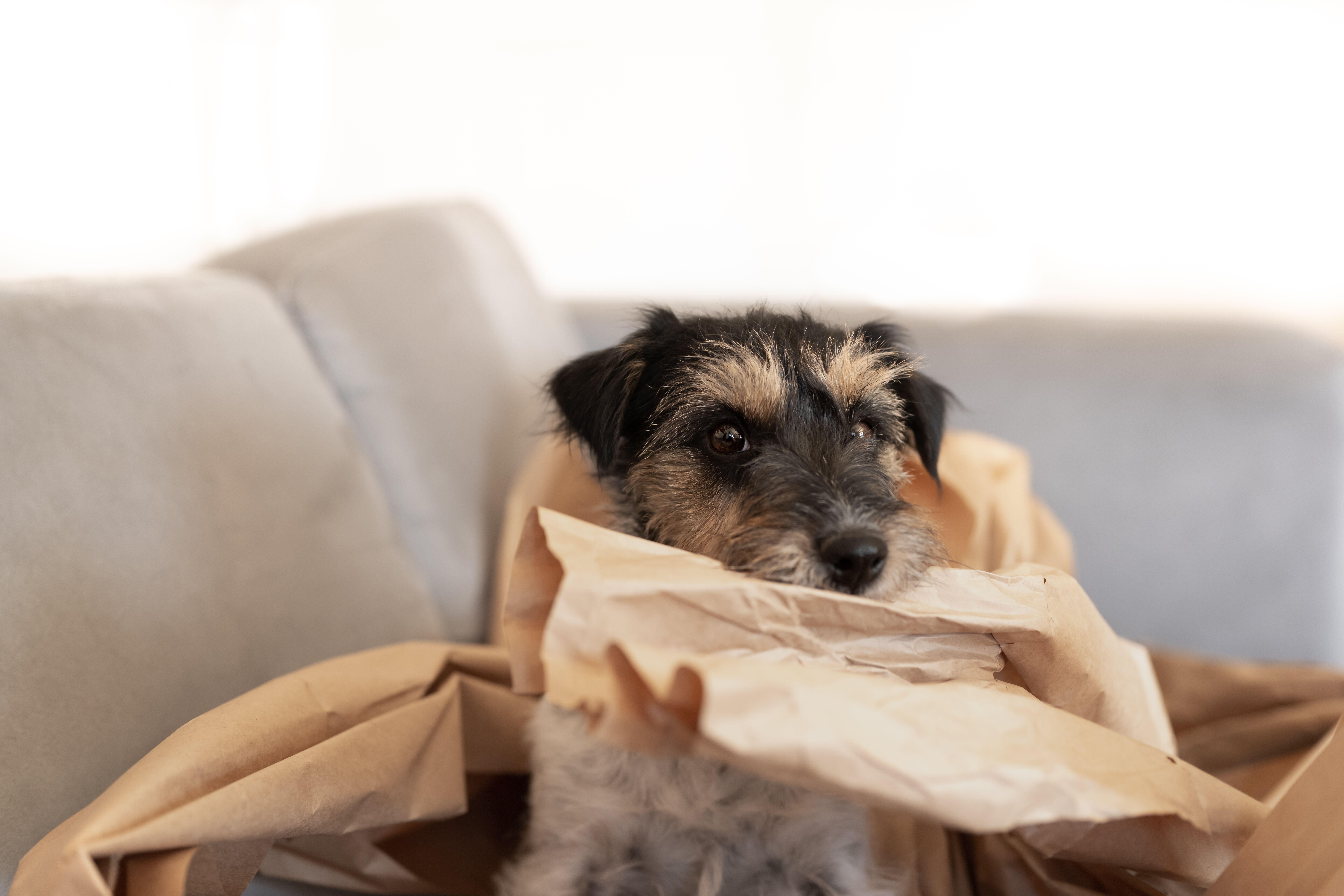
How to stop resource guarding in dogs, by Ben Randall
Resource guarding is common in dogs — but it can be solved. Award-winning dog trainer Ben Randall explains how as he
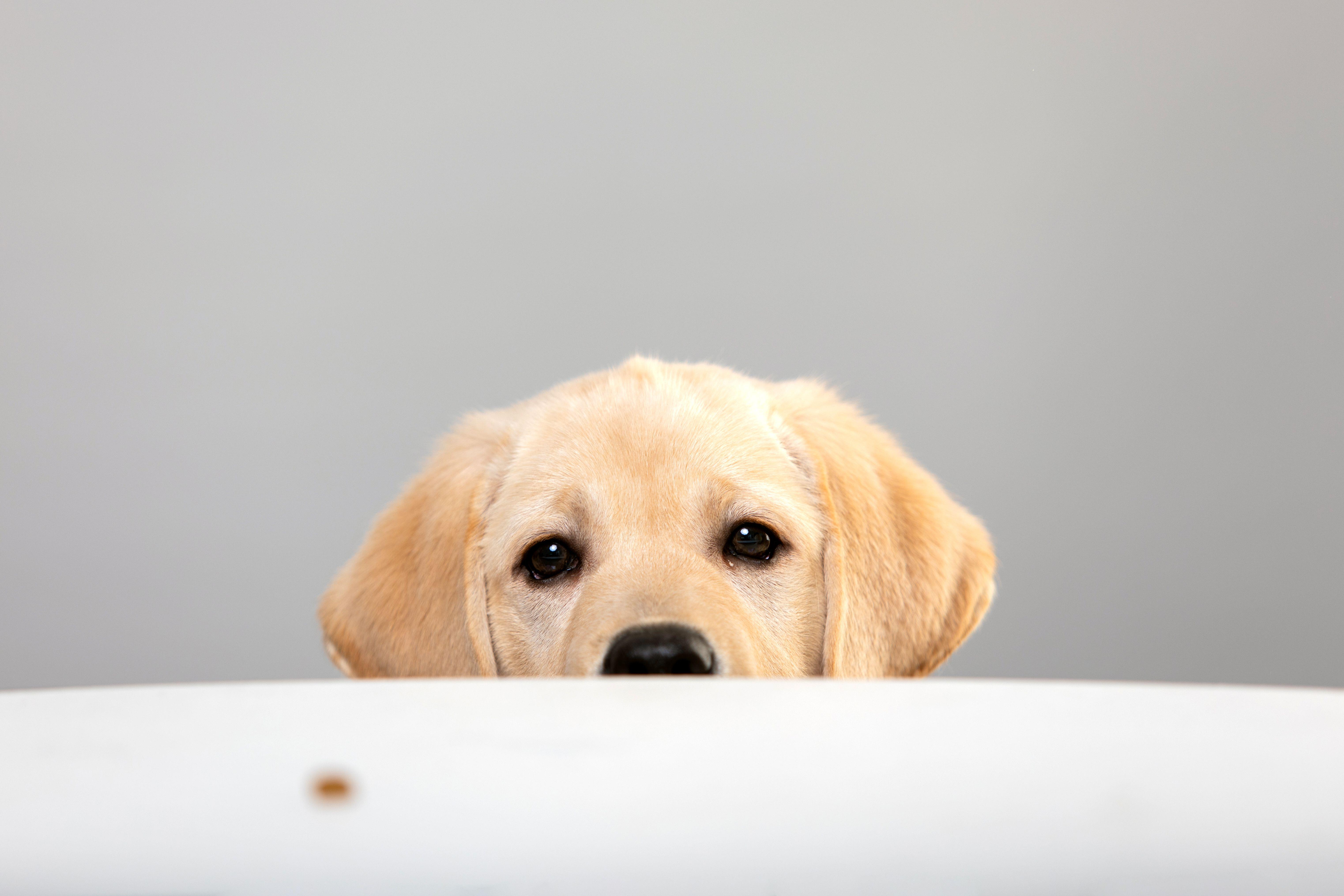
Credit: Alamy Stock Photo
How to stop your dog begging for food at the table, by expert trainer Ben Randall
Dogs begging for food around mealtimes can be adorable up to a point — but what happens when the charm wears
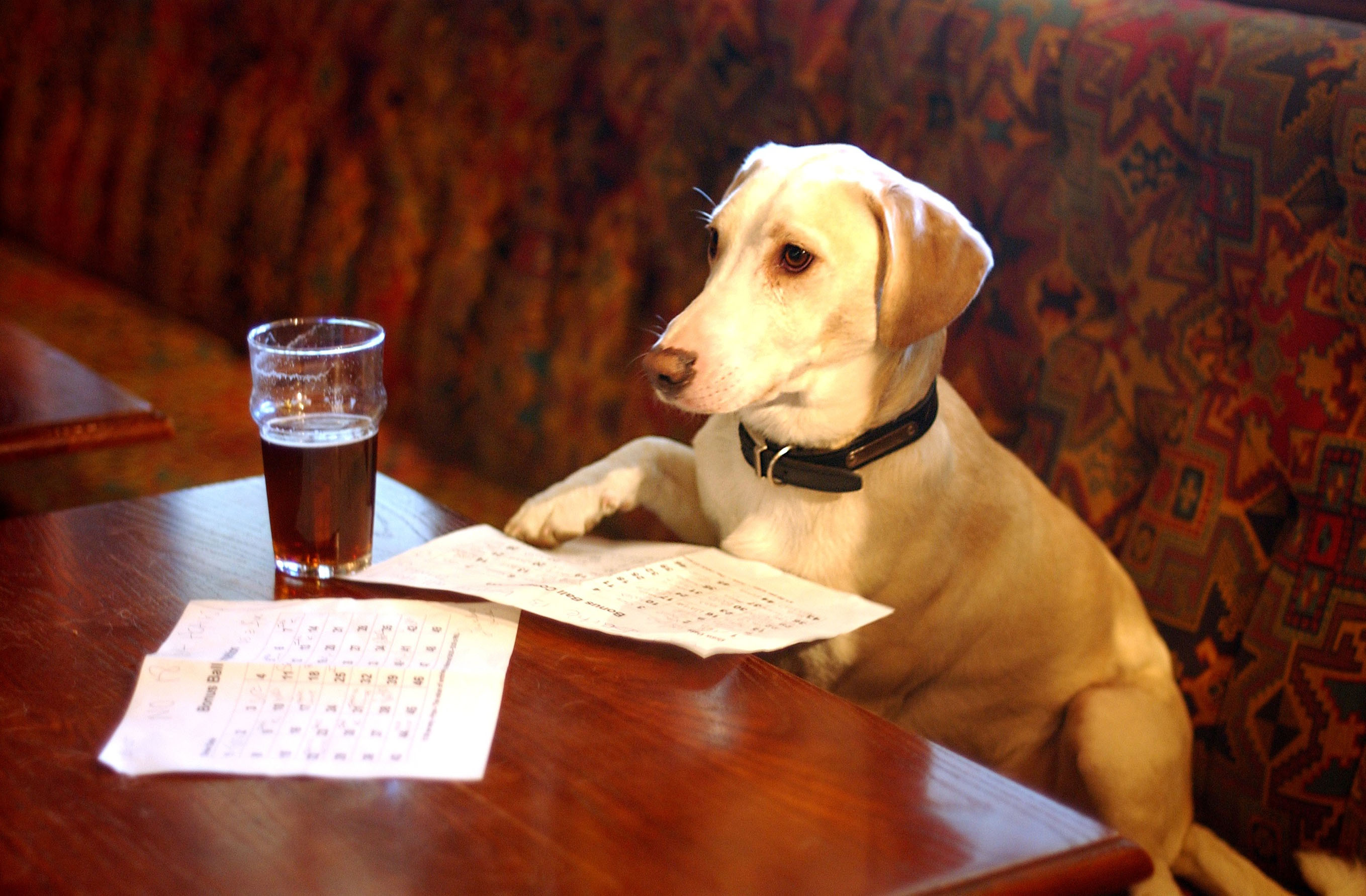
Credit: Alamy
How to take your dog to the pub, by expert trainer Ben Randall
Enjoying a drink in a lovely country pub with your dog snoozing quietly at your feet is one of the
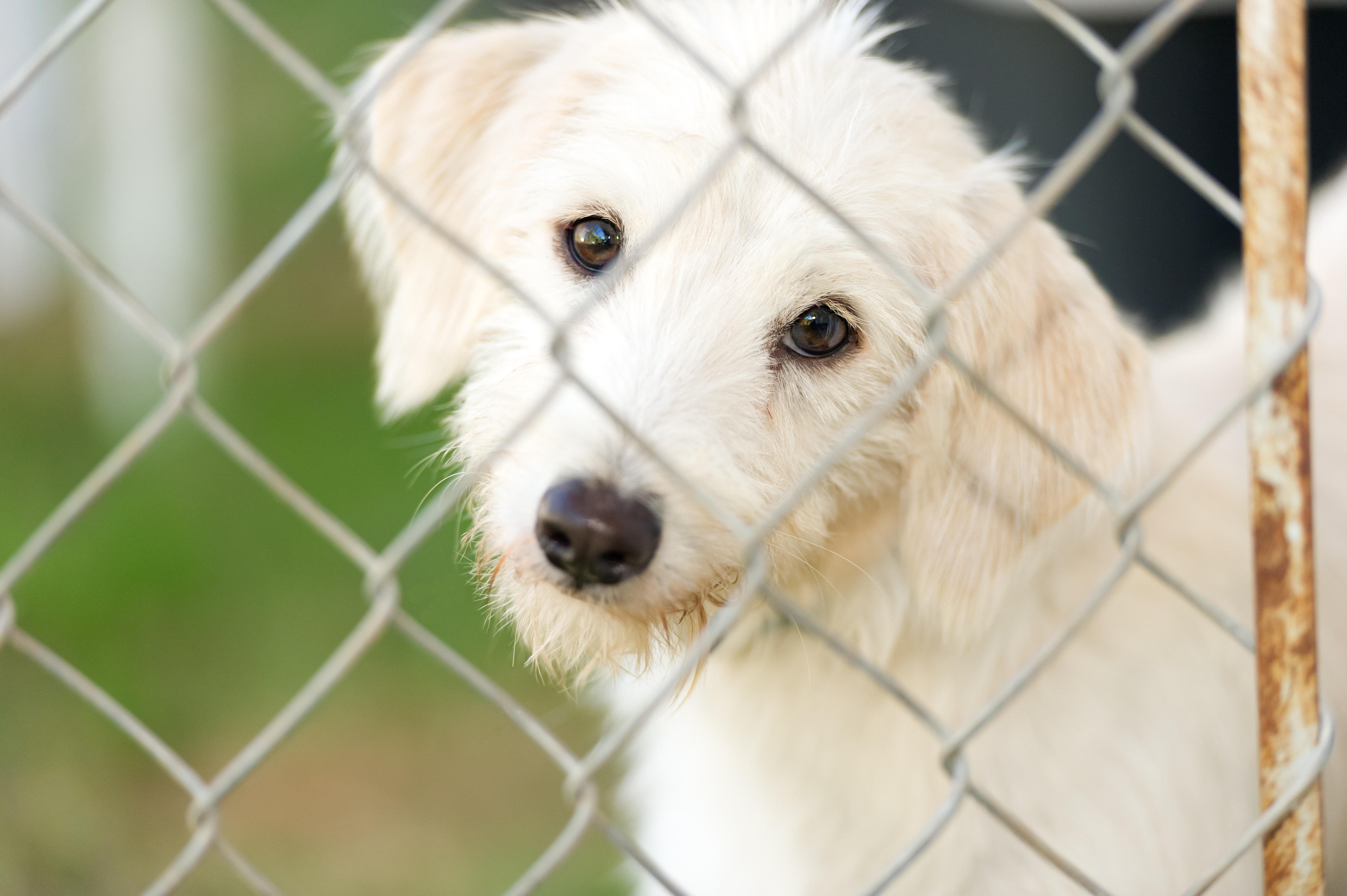
How to choose a rescue dog, by expert trainer Ben Randall
Adopting a dog in need of a new home can be a fabulous experience that will transform your life for
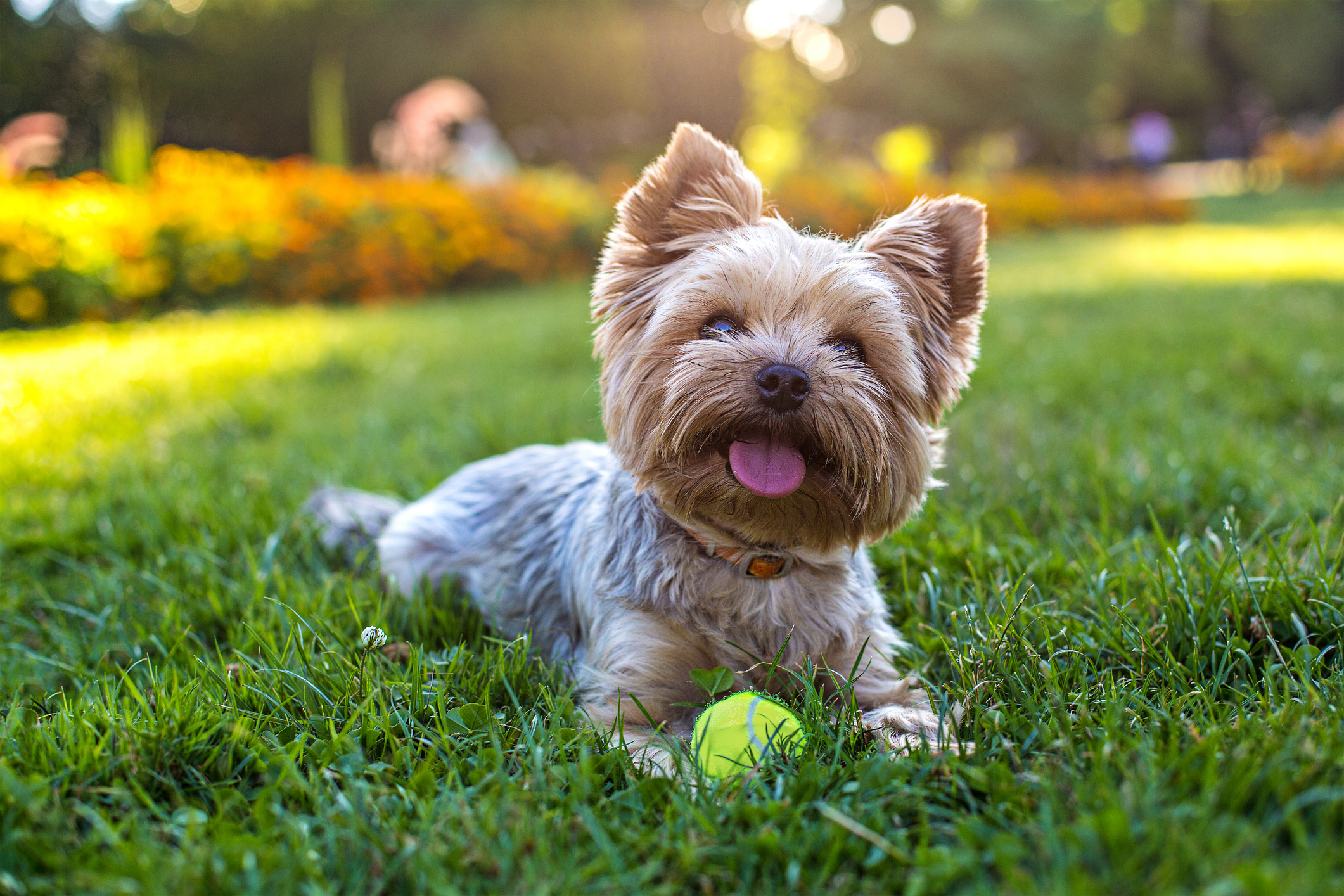
How to train your dogs around your gardening, by expert trainer Ben Randall
It's the time of year when we're all starting to get out more and more — particularly in the garden. That's
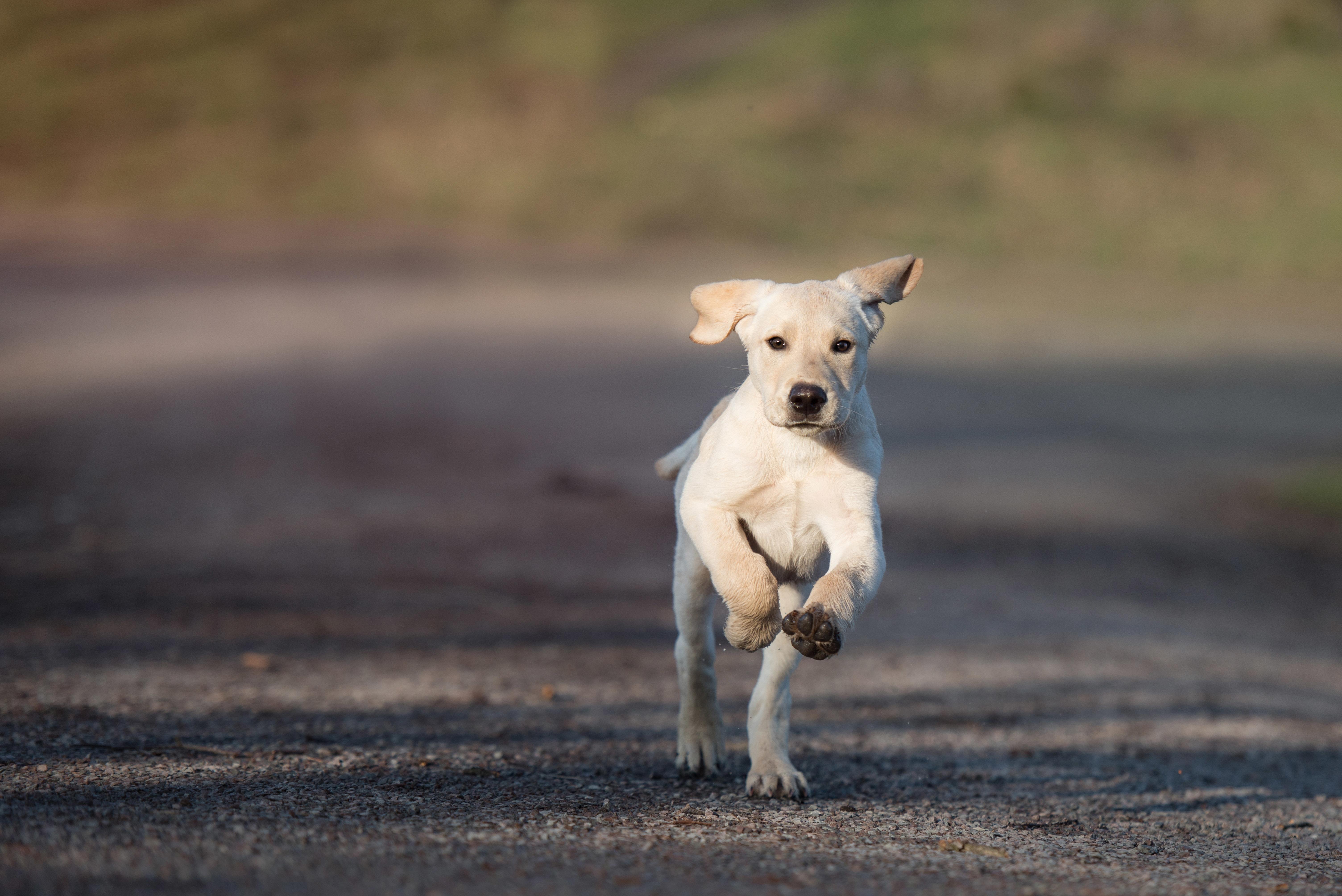
Credit: Alamy Stock Photo
How to stop a dog chasing cars: Six tips from top dog-trainer Ben Randall
Watching your dog run after traffic can be heart-stoppingly scary — but it's also a difficult habit to break. Ben Randall,
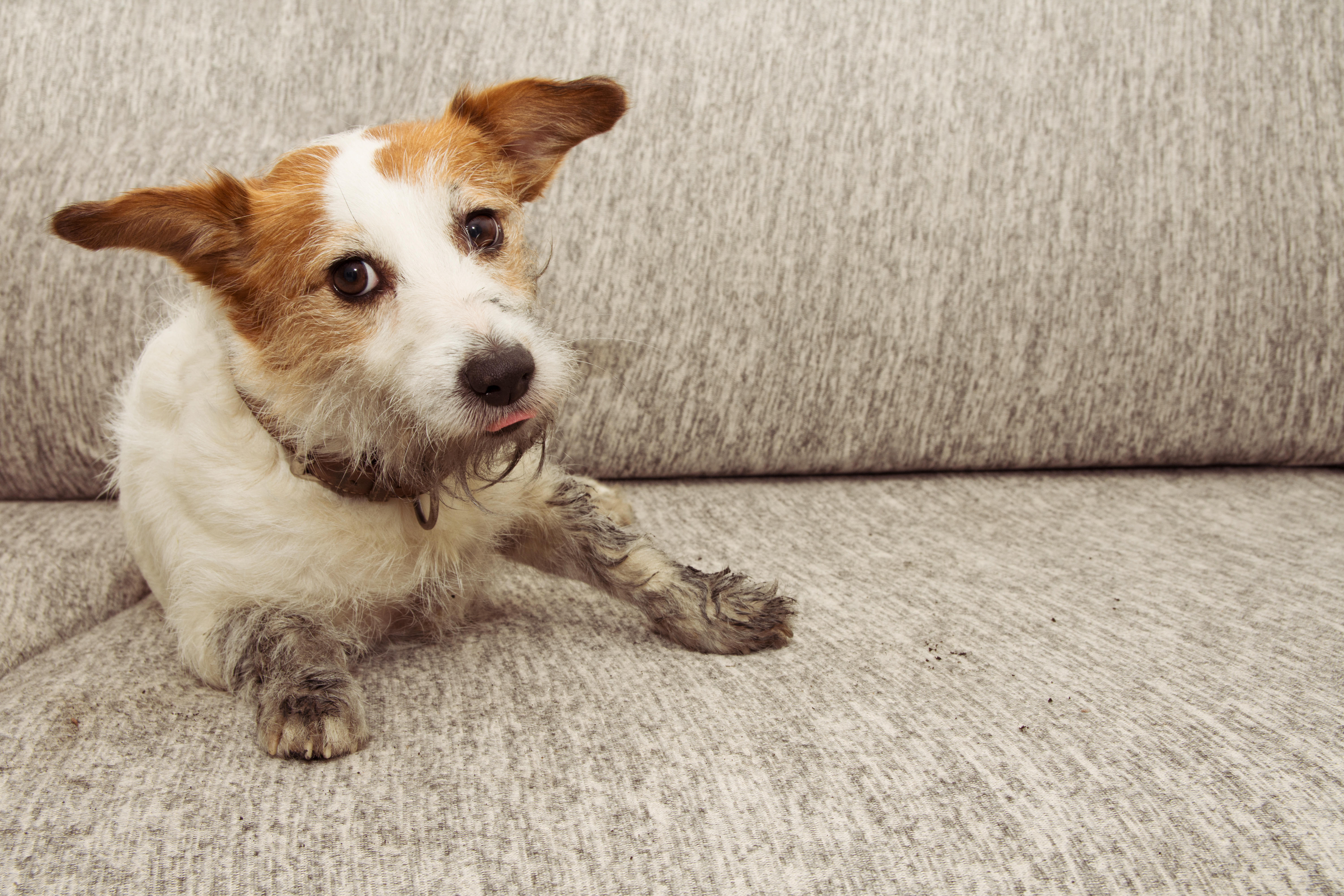
Credit: Alamy
How to keep a dog off the sofa, by top trainer Ben Randall
Fed up with Fido leaping onto the furniture — whether it's your sofa, armchair, or your bed — whenever he
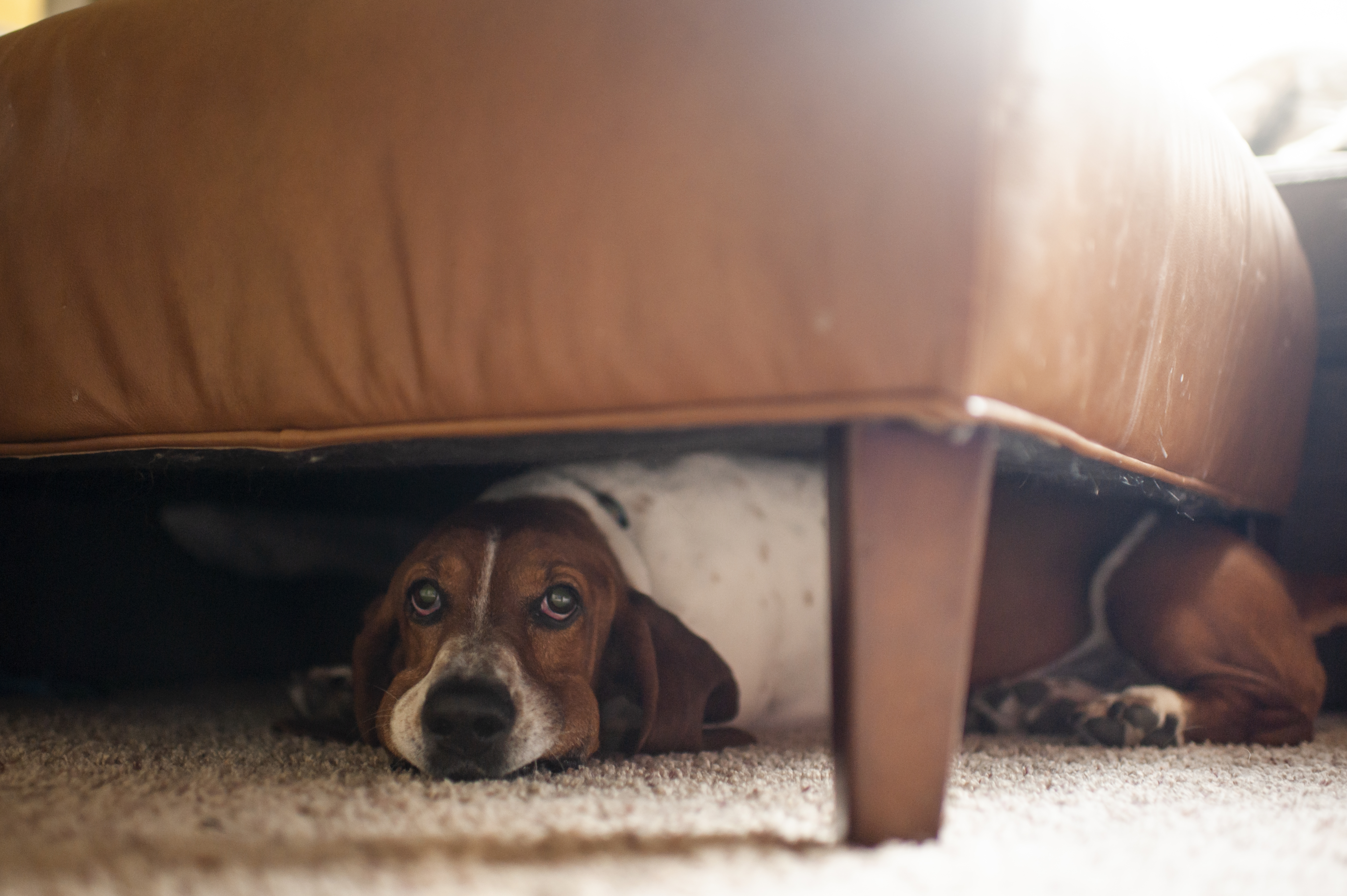
Credit: Getty
How to deal with a dog who is scared of men, by expert trainer Ben Randall
This week, our A-list dog trainer Ben Randall deals with a tricky topic: an adopted dog who seems to be
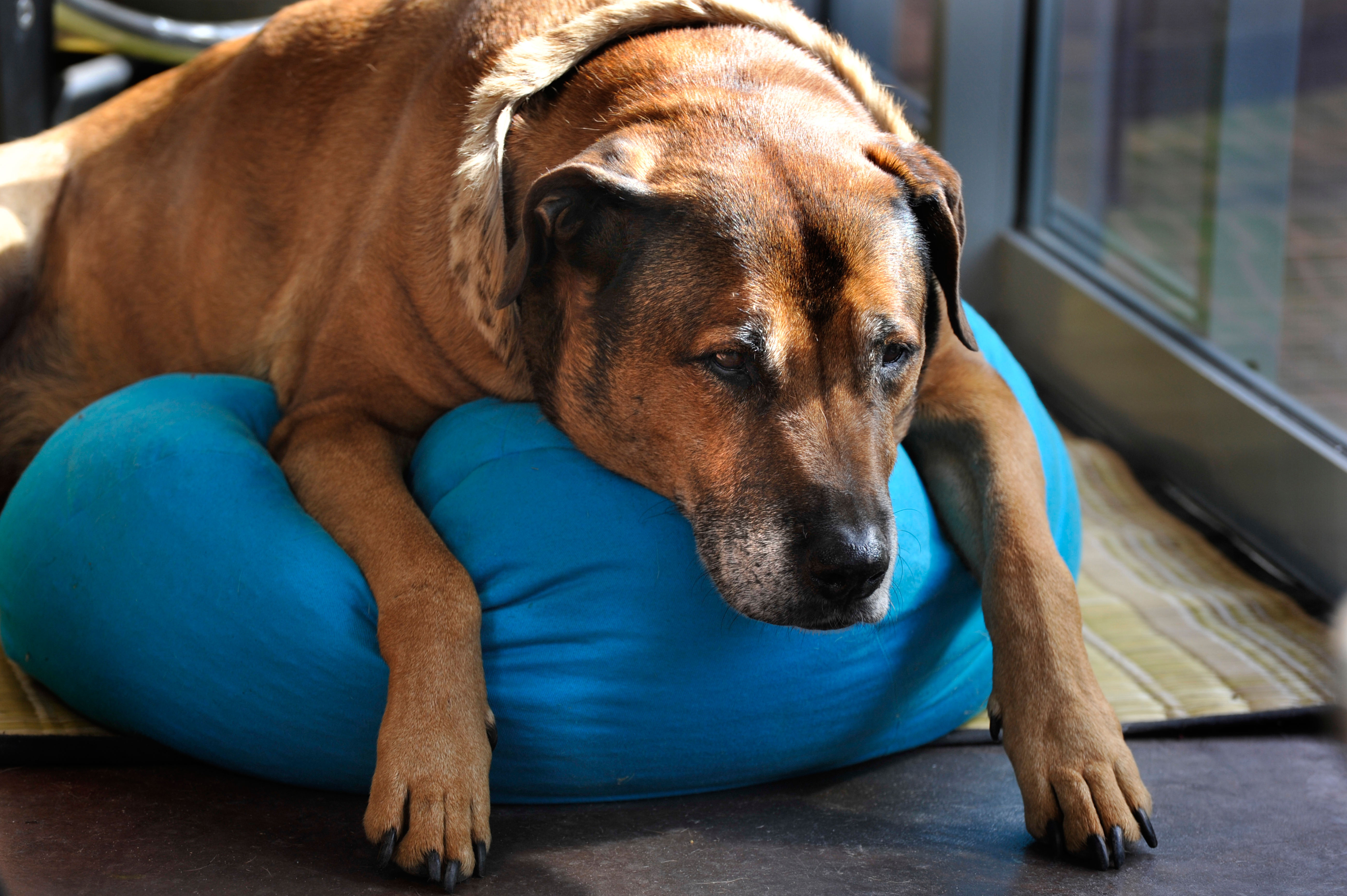
Credit: Alamy Stock Photo
How to keep your dog healthy in a summer heatwave, by expert trainer Ben Randall
With hot summer weather here it can be a challenge keeping your four-legged friend cool and happy. Ben Randall shares
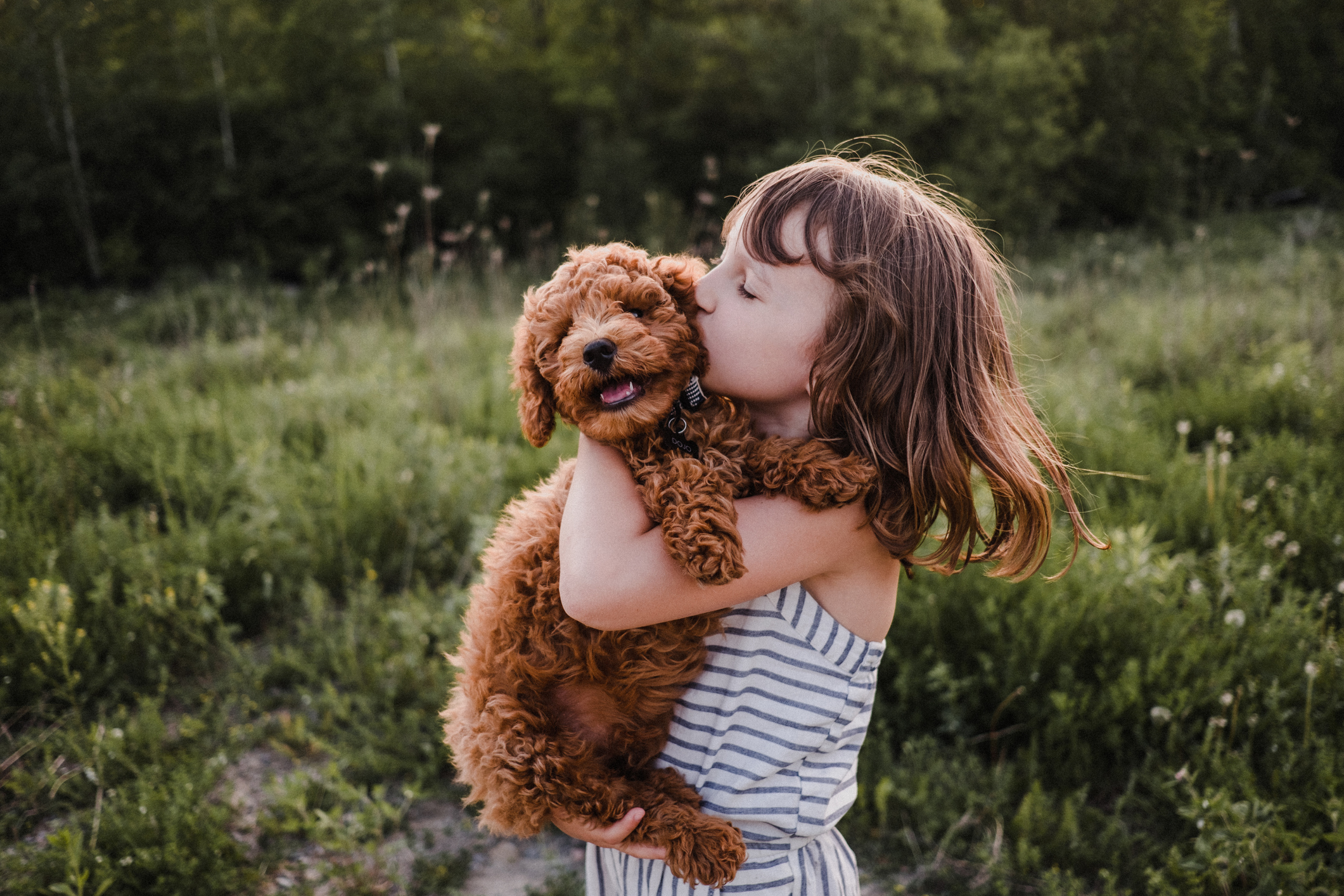
Credit: Getty Images/Image Source
How to introduce a puppy to your kids, by expert trainer Ben Randall
Ben Randall, a dad as well as one of Britain's top dog trainers, shares his expertise on how to welcome
